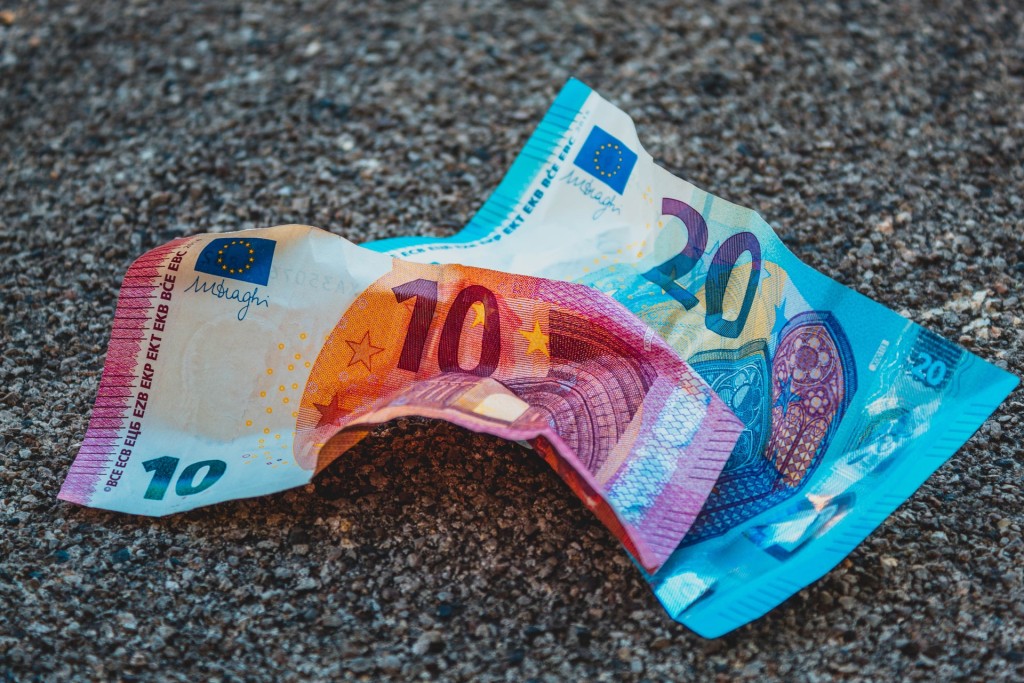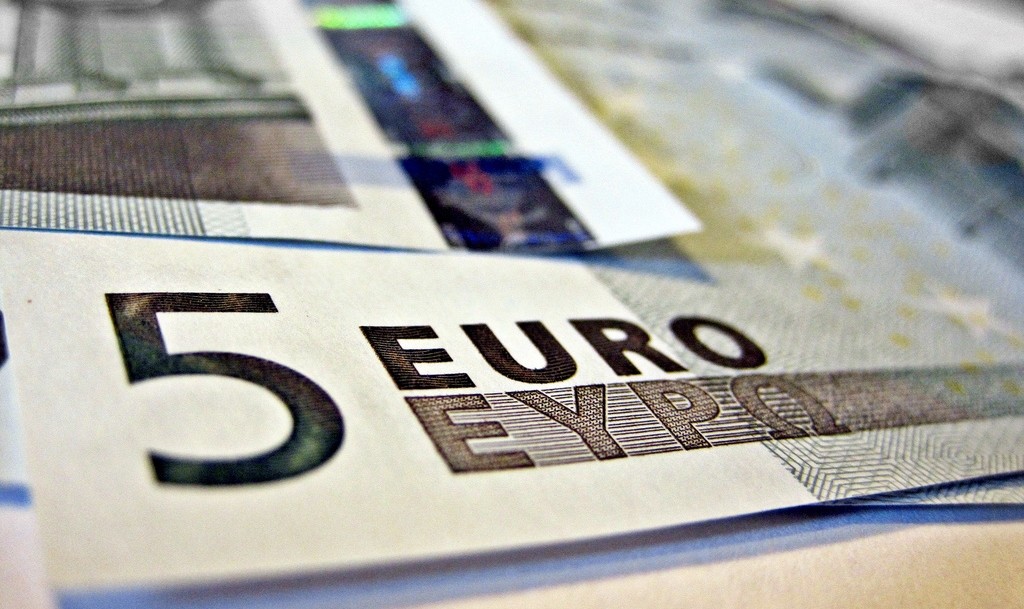
Digital Euro: In Search of Problem to Be Solved
The concept of a digital euro is rapidly moving from theory to reality, yet its fundamental purpose remains ambiguous. Proponents argue that it could enhance financial security, expand access to banking services, and bolster geopolitical independence. However, the sheer variety of justifications raises a critical question: is any single argument compelling enough to warrant its creation?








